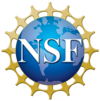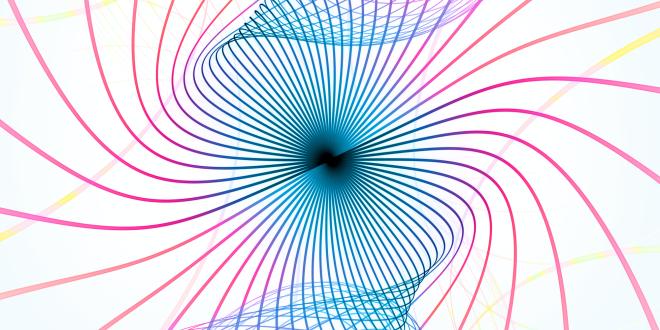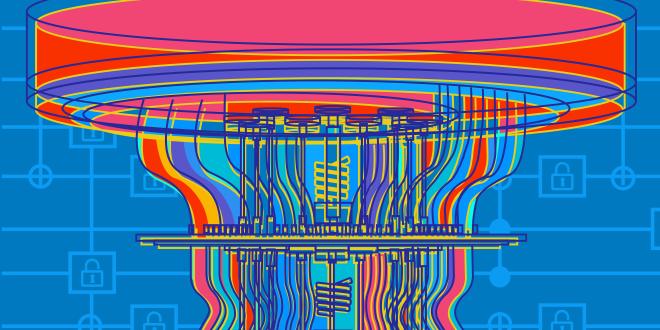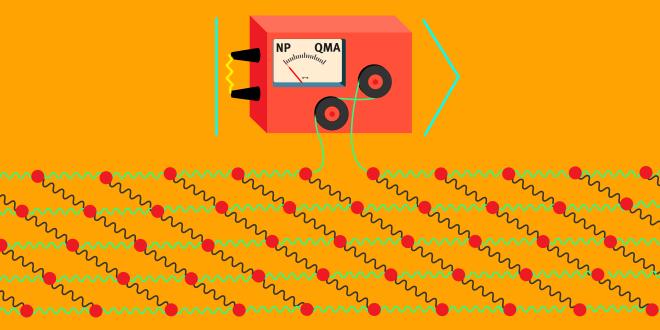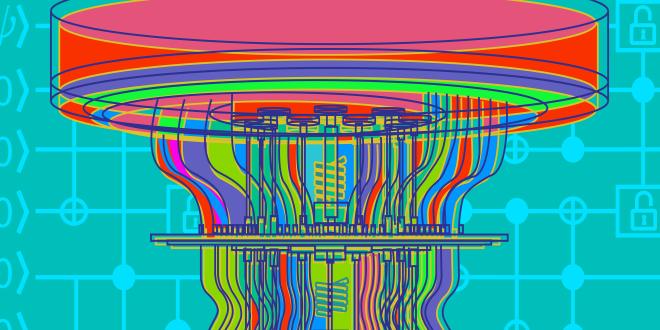
Quantum Research at the Simons Institute
In the wake of the National Quantum Initiative, the Simons Institute’s Research Pod in Quantum Computing brings together researchers from computer...
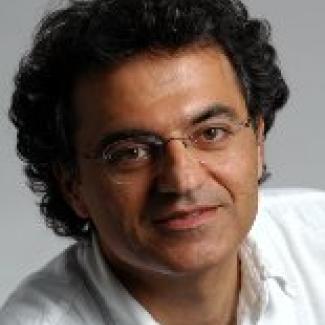
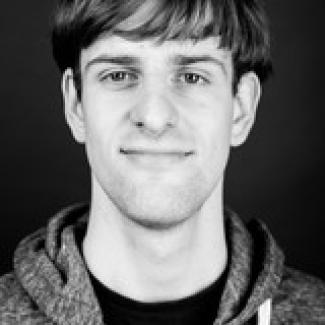
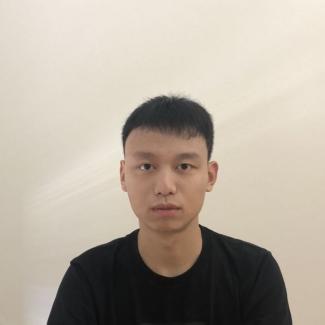
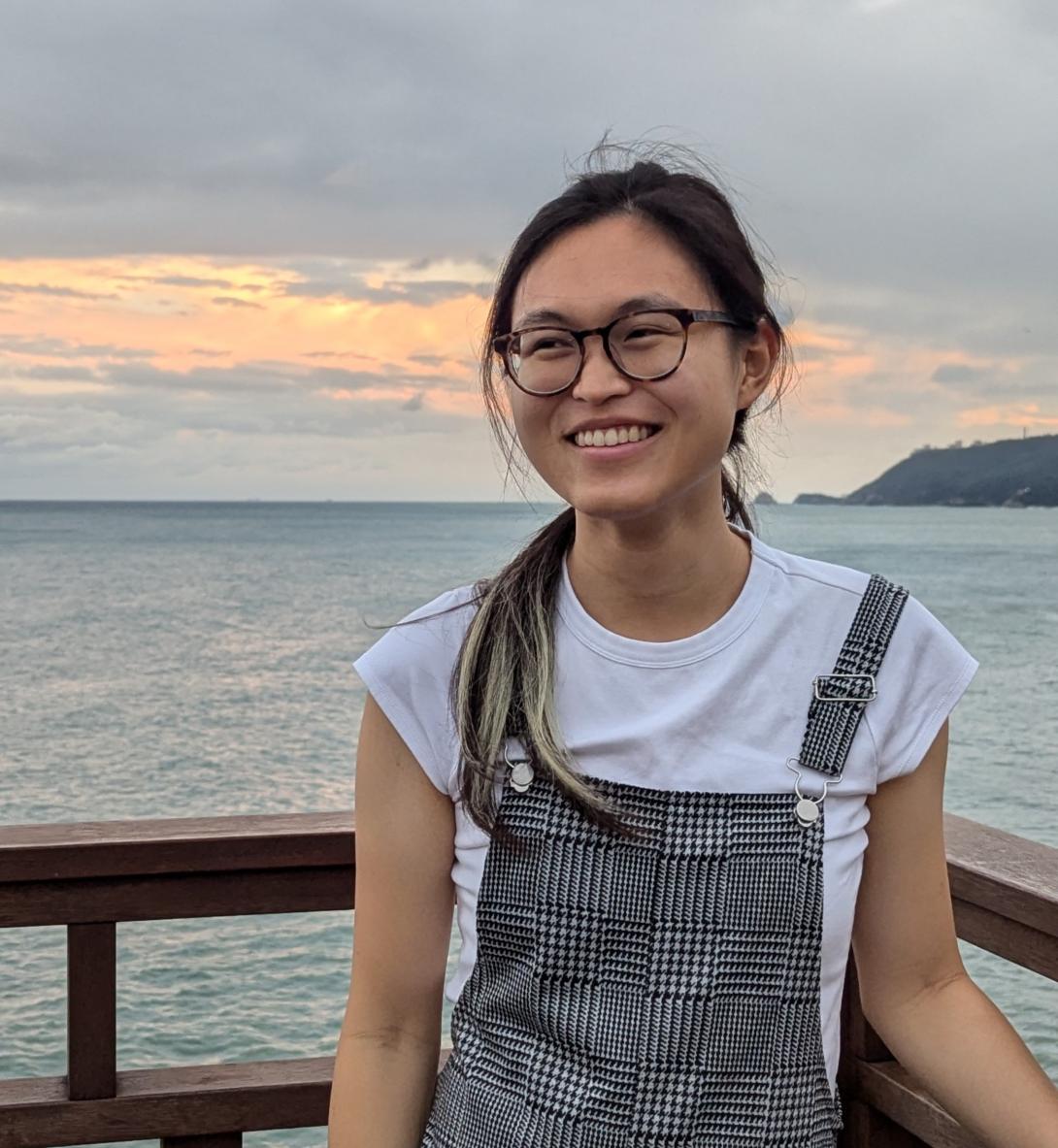
We’re delighted to share that Miller fellow and Simons Institute Quantum Pod postdoc Ewin Tang has been awarded the 2025 Maryam Mirzakhani New...

The Simons Institute for the Theory of Computing has received a $300,000 grant from the UC Noyce Initiative to hold a research program on Cryptography...

In March, the Simons Institute hosted a Workshop on Quantum Memories. This specialized workshop explored recent progress around robust quantum...
421 videos
There has been a burst of recent progress on quantum error-correcting codes, across the physics, computer science, and math communities. This workshop will bring together researchers from all these communities to share recent progress and exchange ideas. Particular topics covered will include constructions of quantum LDPC codes and new algorithms for quantum codes.
This is a joint workshop between the Error-Correcting Codes: Theory and Practice program and the Quantum Algorithms, Complexity, and Fault Tolerance program.
If you require special accommodation, please contact our access coordinator at simonsevents@berkeley.edu with as much advance notice as possible.
Near-Term Quantum Computers: Fault Tolerance + Benchmarking + Quantum Advantage + Quantum Algorithms
This workshop will bring together researchers from academia and industry to study the capabilities of existing and upcoming quantum computers. Topics will include protocols for characterizing quantum noise, as well as tailoring fault-tolerance protocols to more concrete noise models. The other theme will be proofs of quantumness and other near-term algorithms suitable for such computers, as well as algorithms for scalable fault-tolerant quantum computers.
Please note: the Simons Institute regularly captures photos and video of activity around the Institute for use in videos, publications, and promotional materials.
This reunion workshop is for long-term participants in the program "Quantum Algorithms, Complexity, and Fault Tolerance," held in the spring 2024 semester. It will provide an opportunity to meet old and new friends. Moreover, we hope that it will give everyone a chance to reflect on the progress made during the semester and since, and sketch which directions the field should go in the future. In an effort to keep things informal and to encourage open discussion, none of the activities will be recorded. Participation in the workshop is by invitation only.
Sample Schedule (see schedule tab for more detail)
9:00-9:30 AM Check-in refreshments
9:30-10:00 AM Talk 1
10:30-11:00 AM AM Break
11:00-12:00 AM Talk 2
12:00-2:00 PM Lunch
2:00-3:00 PM Talk 3
3:00-3:30 PM PM Break
3:30-4:30 PM Talk 4
4:30-5:30 PM Reception (Day 1 only)
If you require special accommodation, please contact our access coordinator at simonsevents@berkeley.edu with as much advance notice as possible.
Please note: the Simons Institute regularly captures photos and video of activity around the Institute for use in videos, publications, and promotional materials.
Near-Term Quantum Computers: Fault Tolerance + Benchmarking + Quantum Advantage + Quantum Algorithms
This workshop will bring together researchers from academia and industry to study the capabilities of existing and upcoming quantum computers. Topics will include protocols for characterizing quantum noise, as well as tailoring fault-tolerance protocols to more concrete noise models. The other theme will be proofs of quantumness and other near-term algorithms suitable for such computers, as well as algorithms for scalable fault-tolerant quantum computers.
Please note: the Simons Institute regularly captures photos and video of activity around the Institute for use in videos, publications, and promotional materials.
In classical cryptography, it has long been known that the existence of one-way functions is the minimum assumption. However, in quantum cryptography, where quantum computation and communication are possible, several recent studies have shown that it is not necessarily the case. This workshop will explore foundations of quantum cryptography without one-way functions to answer the ultimate open problem, "What is the most fundamental assumption in quantum cryptography?"
Speakers: Tomoyuki Morimae (Kyoto University), Prabhanjan Ananth (UC Santa Barbara), Andrea Coladangelo (University of Washington), James Bartusek (UC Berkeley), and Jiahui Liu (University of Texas at Austin)
The complexity of ground states of local Hamiltonians is the quantum analog of the theory of NP-Completeness. It features the two most important open questions in quantum complexity theory: the quantum PCP conjecture and the Area Law for 2D gapped Hamiltonians. Recent progress on the first question has been a direct consequence of the discovery of good quantum LDPC codes, while progress on the second question has relied on fault-tolerant polynomials. In a very exciting development, ideas from quantum error correction and quantum complexity theory play an unexpected and deep role in current attempts to understand quantum gravity. These connections even suggest the possibility that quantum gravity could violate the quantum extended Church-Turing thesis. This workshop will bring together researchers from TCS, information and coding theory, mathematics, physics to share recent progress, exchange ideas and make progress on these questions.
Please note: the Simons Institute regularly captures photos and video of activity around the Institute for use in videos, publications, and promotional materials.
Near-Term Quantum Computers: Fault Tolerance + Benchmarking + Quantum Advantage + Quantum Algorithms
This workshop will bring together researchers from academia and industry to study the capabilities of existing and upcoming quantum computers. Topics will include protocols for characterizing quantum noise, as well as tailoring fault-tolerance protocols to more concrete noise models. The other theme will be proofs of quantumness and other near-term algorithms suitable for such computers, as well as algorithms for scalable fault-tolerant quantum computers.
Please note: the Simons Institute regularly captures photos and video of activity around the Institute for use in videos, publications, and promotional materials.
The Quantum Fourier Transform (QFT) is a key component of many important quantum algorithms, most famously as being the essential ingredient in Shor's algorithm for factoring products of primes. Given its remarkable capability, one would think it can introduce large entanglement to qubit systems and would be difficult to simulate classically. While early results showed QFT indeed has maximal operator entanglement, we show that this is entirely due to the bit reversal in the QFT.
Quantum Industry Day will bring together scientists from academia and industry for an interactive exchange on directions and opportunities in quantum computing.
Schedule Overview:
9:00 a.m. - 9:30 a.m. Breakfast and Check-in
9:30 a.m. - 9:40 a.m. Welcome
9:40 a.m. - 10:30 a.m.
The Summer Cluster on Quantum Computing brings together researchers from academia and industry to explore topics from quantum complexity theory and cryptography to quantum algorithms, benchmarking, error correction, and fault tolerance. The cluster...
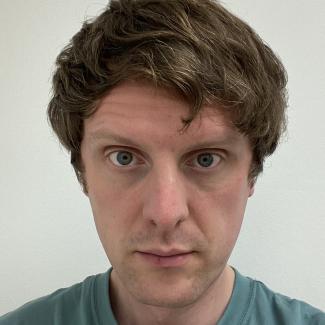
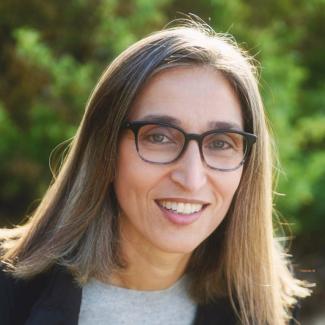

This program brings together researchers from computer science, physics, chemistry, and mathematics to address current challenges in quantum computing, such as the efficiency of protocols for fault-tolerant quantum computation, scalable proofs of...


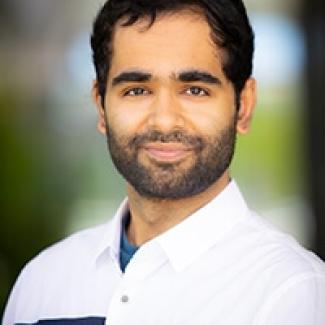
The Summer Cluster on Quantum Computing will bring together researchers from academia and industry to explore topics from quantum complexity theory and cryptography to quantum algorithms, error-correction and fault tolerance, and benchmarking. ...
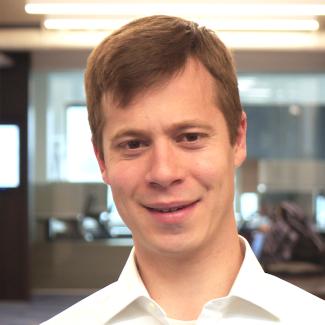

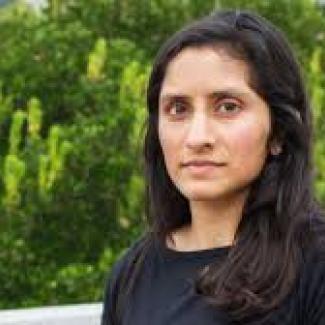
This program will bring together researchers from computer science, physics, chemistry and mathematics to focus on the two grand challenges of quantum computation: developing the most promising algorithmic applications for quantum computers, and...
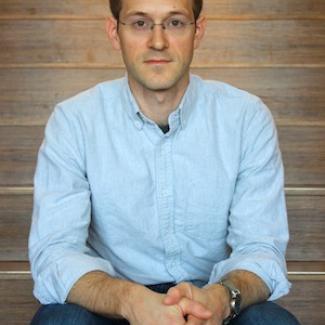
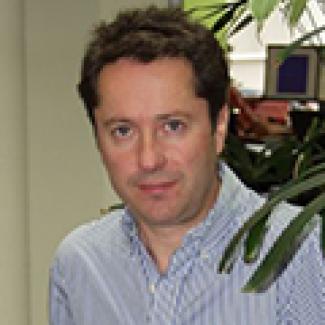
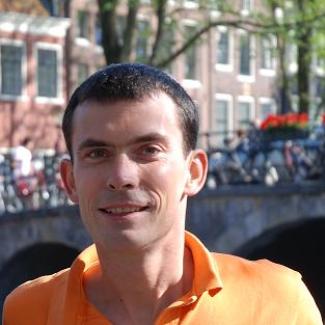



Quantum Hamiltonian complexity is an exciting area combining deep questions and techniques from both quantum complexity theory and condensed matter physics. This interdisciplinary program will explore these connections and seek to establish a...

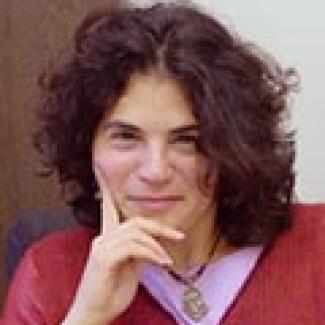
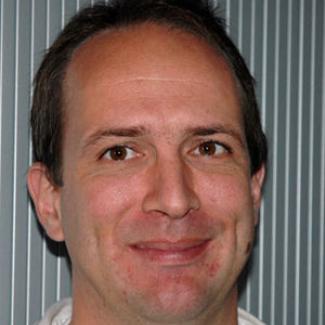
Quantum Research at the Simons Institute
The Simons Institute offers a variety of Quantum related programming from the ongoing Quantum Pod to semester long focused Quantum programs and clusters. We host Quantum related workshops, lectures, and activities such as the recurring Quantum Colloquium series and Quantum Industry Day. Much of this is made possible thanks to funding from the Quantum Pod and its grantors.
